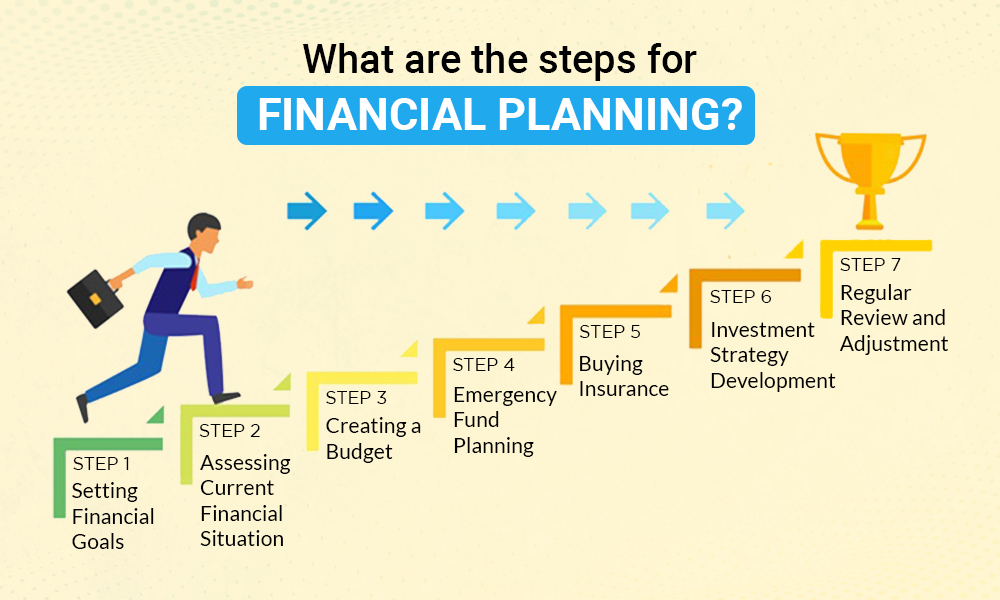Social Security represents a critical financial lifeline for millions of Americans, particularly for retirees and individuals with disabilities. The question of how much one can earn while collecting Social Security benefits often arises, sparking discussions about the age and earnings limits involved. The regulations surrounding Social Security are intricate, yet they are essential to understand for optimal financial planning.
At what age can you earn unlimited income on Social Security?
You can earn unlimited income from Social Security after reaching your full retirement age (FRA), which varies depending on your birth year. For those born in 1960 or later, the FRA is 67. Before reaching this age, your earnings could subject your benefits to reduction if you earn above certain thresholds.
Understanding Social Security Retirement Benefits
To comprehend earning limits, it is essential to know how Social Security benefits work:
- Eligibility: You qualify for Social Security retirement benefits by paying into the system for at least 40 quarters, or roughly ten years. The amount you receive depends on your highest 35 years of indexed earnings.
- Full Retirement Age (FRA): Your FRA is the age at which you can receive full benefits. It varies based on your birth year, and reaching this age allows you to earn any amount without affecting your benefits.
Earnings Limits Before Full Retirement Age
Before reaching your FRA, Social Security imposes earnings limits. The following table outlines the 2023 earnings thresholds:
| Year | Earnings Limit (before FRA) | Benefits Reduction Rate |
|---|---|---|
| 2023 | $21,240 | $1 withheld for every $2 over the limit |
| Year of FRA | $56,520 | $1 withheld for every $3 over the limit until the month of FRA |
| Post-FRA | Unlimited | No reduction |
Example Scenario
Consider a person born in 1960, who has an FRA of 67:
- If they retire at 65 and begin receiving benefits but earn $25,000 annually, they will exceed the 2023 limit by $3,760. Their benefits will be reduced by $1,880 ($3,760/2).
- If they wait until 67 to retire, they can earn any amount without their benefits being affected.
Factors Influencing Your Decision
Several considerations can influence the decision of when to start receiving Social Security benefits:
- Retirement Needs: Evaluate your financial needs and consider whether you can sustain yourself without Social Security until you reach your FRA.
- Longevity: If you expect to live longer, delaying benefits could result in increased monthly payments.
- Health Considerations: Those with health issues may opt for earlier retirement to maximize their benefits before potential unforeseen circumstances.
- Your Employment Situation: If you plan to continue working, you may prefer to delay drawing Social Security to avoid reductions during your high-earning years.
The Importance of Planning
Social Security is more than just a financial benefit; it requires strategic planning. Here are a few steps to consider:
- Evaluate Your Income Sources: Map out all your income sources, including pensions, savings, and any other investments.
- Consult with Financial Advisors: Understand your options through meetings with financial advisors who specialize in Social Security.
- Stay Informed: Keep up with annual changes in earnings limits, as these can affect your financial strategy.

The Future of Social Security
As the population ages, the sustainability of Social Security becomes a hot topic. The Social Security Administration (SSA) projects that the trust fund may run out of reserves by 2034, leading to potential benefit cuts unless reforms are made. Understanding the impending changes is essential for current and future beneficiaries.
Preparing for Potential Changes
Given uncertainties about the future, beneficiaries should:
- Stay Informed: Regularly check updates from the SSA about any proposed changes.
- Diversify Income: Relying solely on Social Security may not be feasible in the long term. Consider saving and investing in various vehicles to bolster your retirement plan.
- Adjust Plans Accordingly: If potential cuts become a reality, adjust your financial plans to account for possible reduced benefits.
Conclusion
Understanding when you can earn unlimited income while receiving Social Security benefits is crucial for effective retirement planning. Knowing your full retirement age allows you to make informed decisions about when to start receiving benefits, especially if you plan to continue working. By weighing your personal financial situation and potential future changes to Social Security, you can develop a strategy that best supports your retirement needs.
Navigating the rules surrounding Social Security can seem daunting but is manageable with the right information and resources. Whether you’re on the verge of retirement or planning for the future, a proactive approach will ensure that you are well-prepared for whatever lies ahead.
